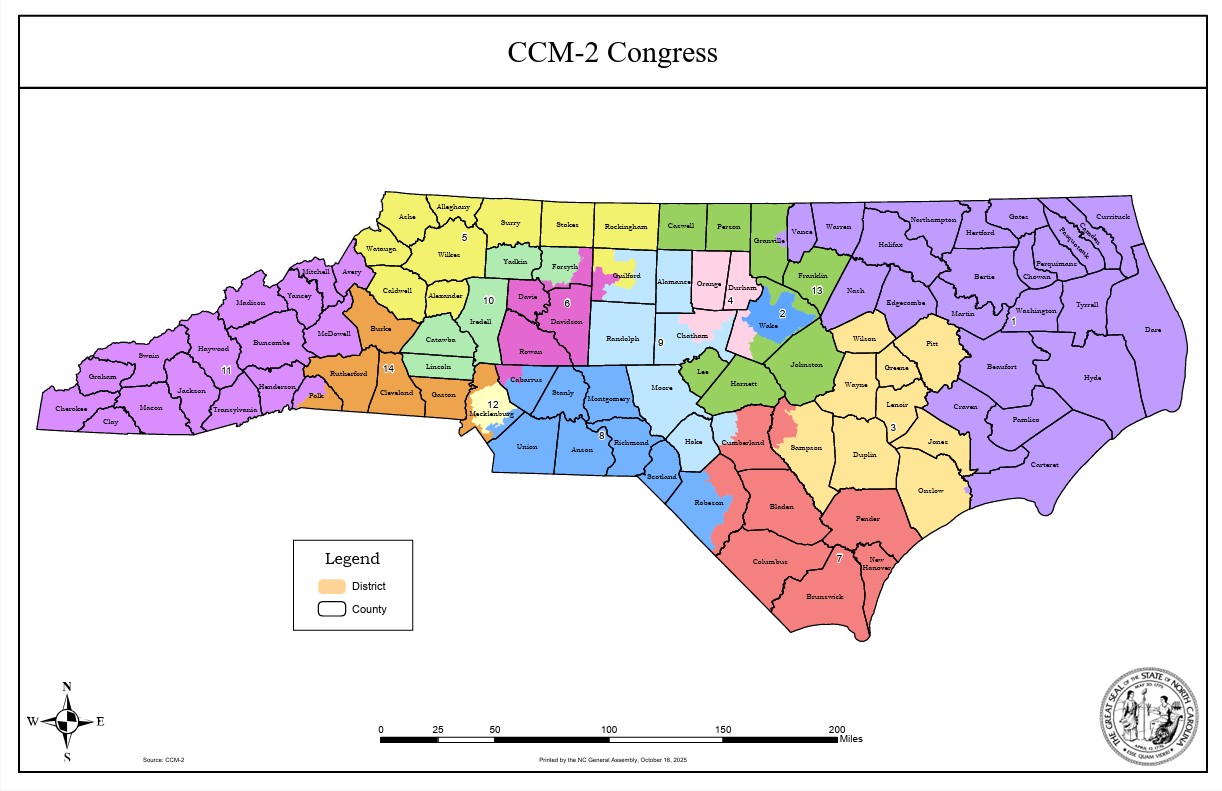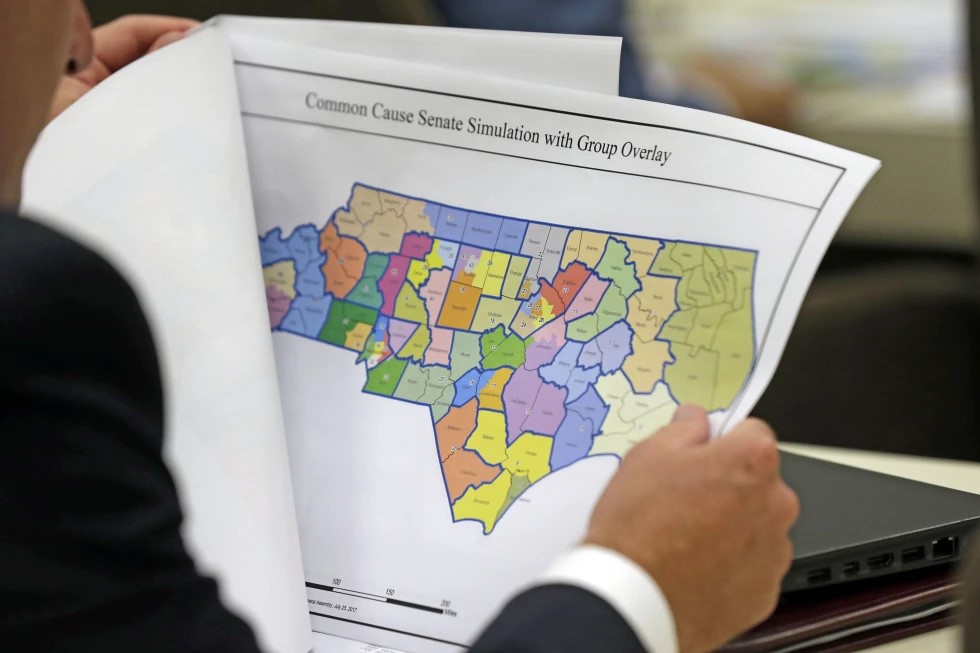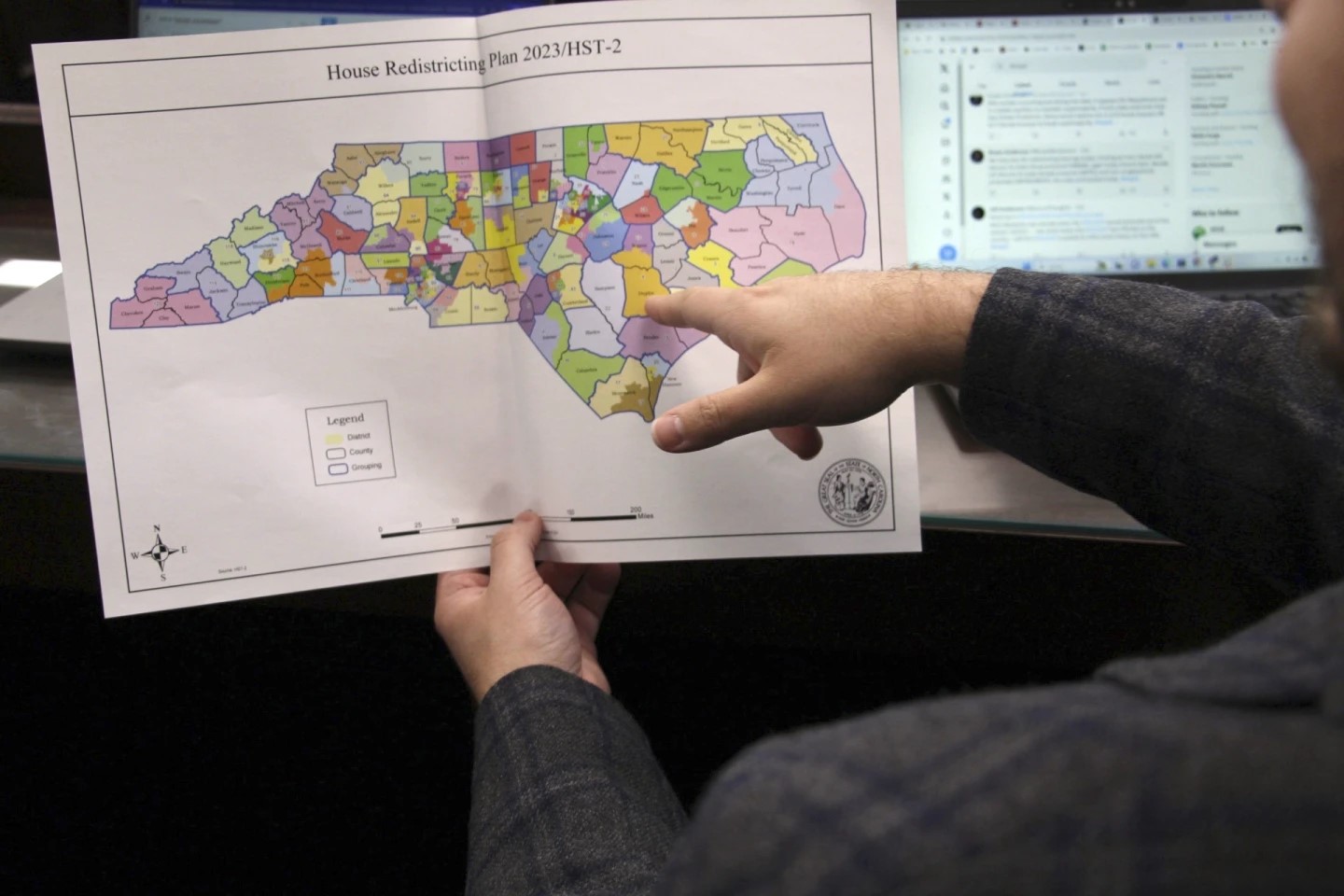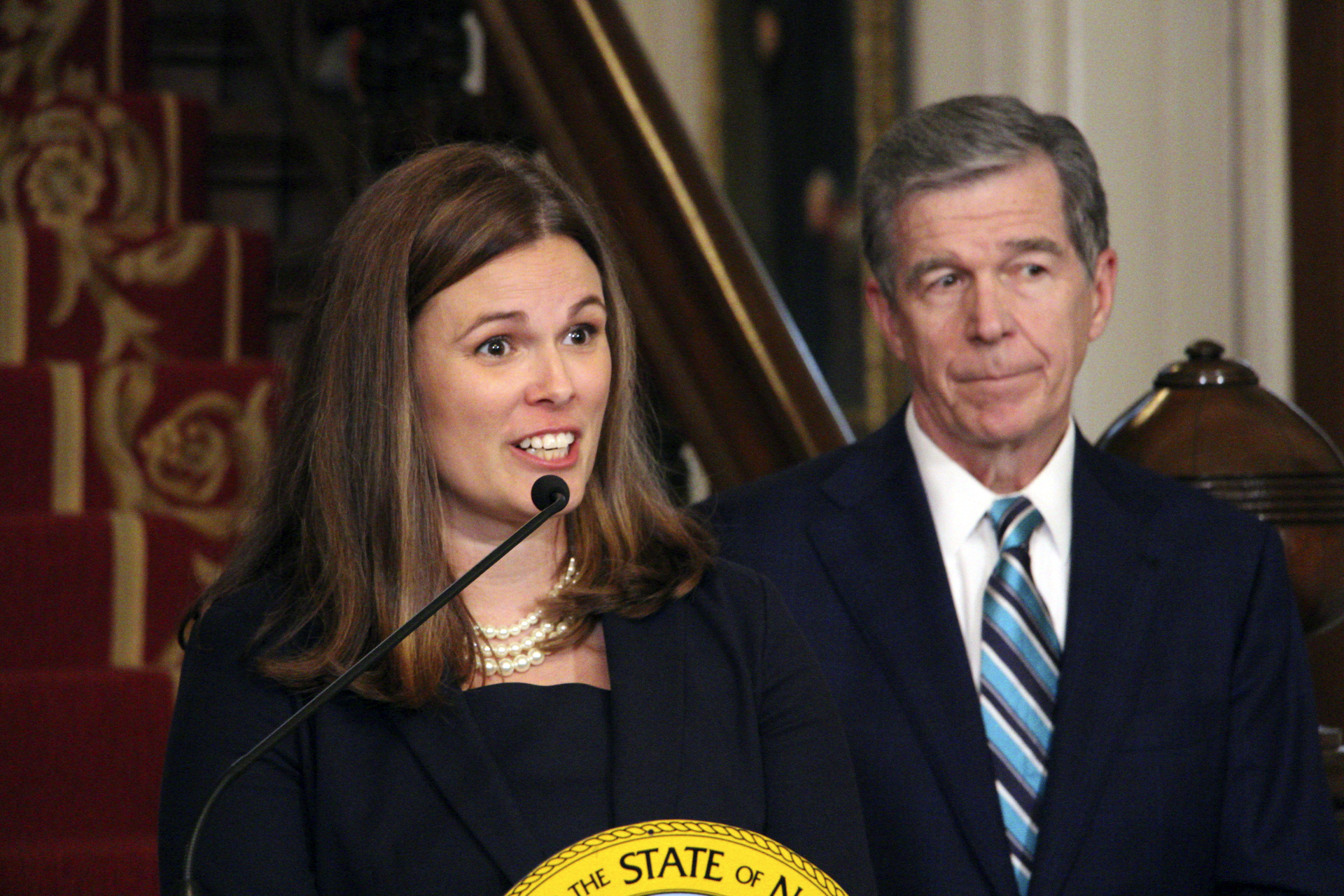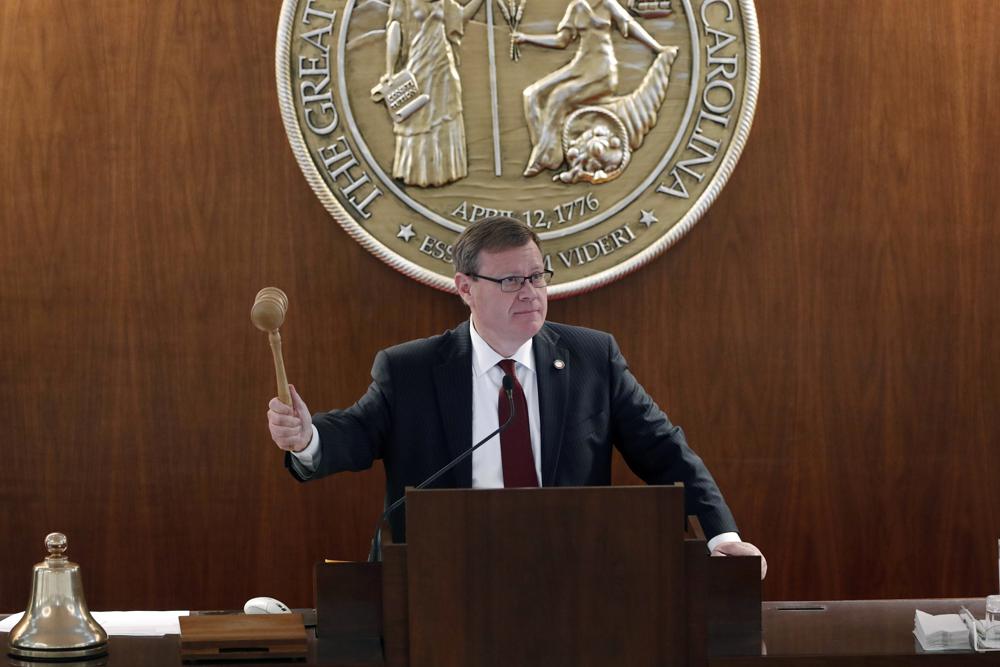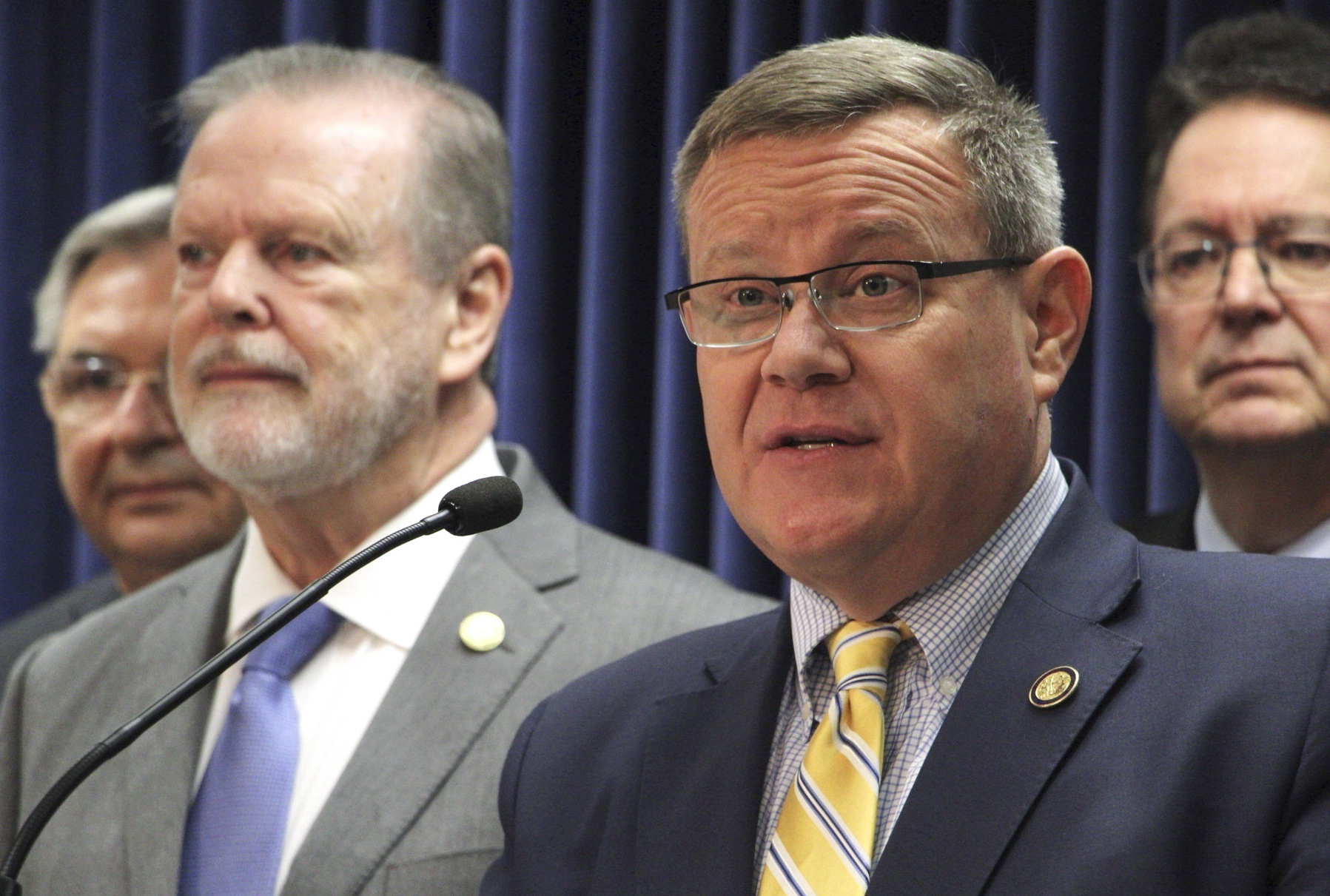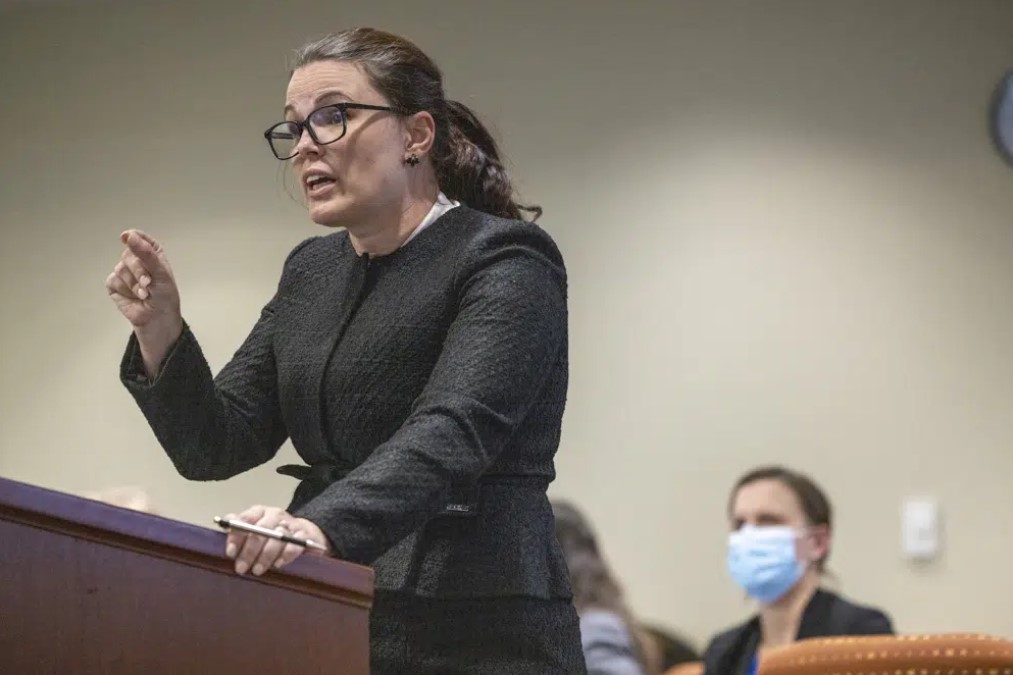A North Carolina judge ruled on Monday that more than 100,000 computer documents generated by a recently deceased Republican redistricting guru that address political work in several states are no longer under the court’s confidentiality order.
The files were collected earlier this year by Common Cause, the North Carolina Democratic Party and Democratic voters — through a subpoena of the daughter of Thomas Hofeller — for their partisan gerrymandering lawsuit that went to trial in July. Hofeller died last year.
Only a few dozen documents were used in that case, providing evidence that a Republican advantage was the chief goal of redrawing General Assembly districts in 2017. A three-judge panel ultimately threw out several dozen districts, and the GOP-controlled legislature redrew them in September.
The judges decided before the trial that Hofeller’s subpoenaed, non-personal files should stay confidential temporarily. That was to allow the partner of his old consulting firm to review them and locate any proprietary information the firm wanted withheld.
That order came shortly after some of those files were used in separate litigation in New York challenging a plan by President Donald Trump’s administration to include a citizenship question on the 2020 U.S. census.
The plaintiffs in the redistricting lawsuit complained in September when they said the firm, Geographic Strategies, claimed nearly every one of those temporary confidential files should remain such permanently. And the GOP legislators who were defendants in the case wanted the subpoenaed files destroyed, saying they were improperly obtained.
The subpoenaed documents that can now be distributed following Monday’s ruling by Wake County Superior Court Judge Vince Rozier will show the efforts that Hofeller and his allies had taken to skew maps across the country, a representative for one of the plaintiffs said.
“The limited release of Dr. Hofeller’s files has already proven critical in exposing secret efforts to manipulate the census and redistricting,” said Kathay Feng, national redistricting director for Common Cause. “Now the truth can come out about all of Hofeller’s shocking efforts to rig elections in almost every state.”
Rozier, who was asked by the three-judge panel to oversee the confidentiality issue, wrote Monday that there was no justification to keep private the work Hofeller generated as an individual and not for the company.
Rozier said an even larger trove of documents — around 170,000 — accumulated through the subpoena would remain confidential longer so that Geographic Strategies could provide more details to defend their confidentiality. Rozier is seeking a response by next month.
Bob Hunter, an attorney for Geographic Strategies, declined to comment on the ruling, which can be appealed.
Common Cause is consulting with its attorneys to determine how and when the documents would be made public, spokesman Bryan Warner said.
Documents that are no longer part of the order cover work that Hofeller performed related to North Carolina, Arizona, Virginia and Missouri, as well as localities in New York and Texas. They also include his work as an expert in litigation in Maryland, Mississippi and Tennessee, according to a September court filing.
The “files have immense public significance and value. They contain evidence that will be vital to voting rights litigation in North Carolina and across the country,” the plaintiffs wrote in the Sept. 13 legal brief.
Several organizations asked the state court to allow the disclosure of more documents, including The Associated Press and The New York Times.

